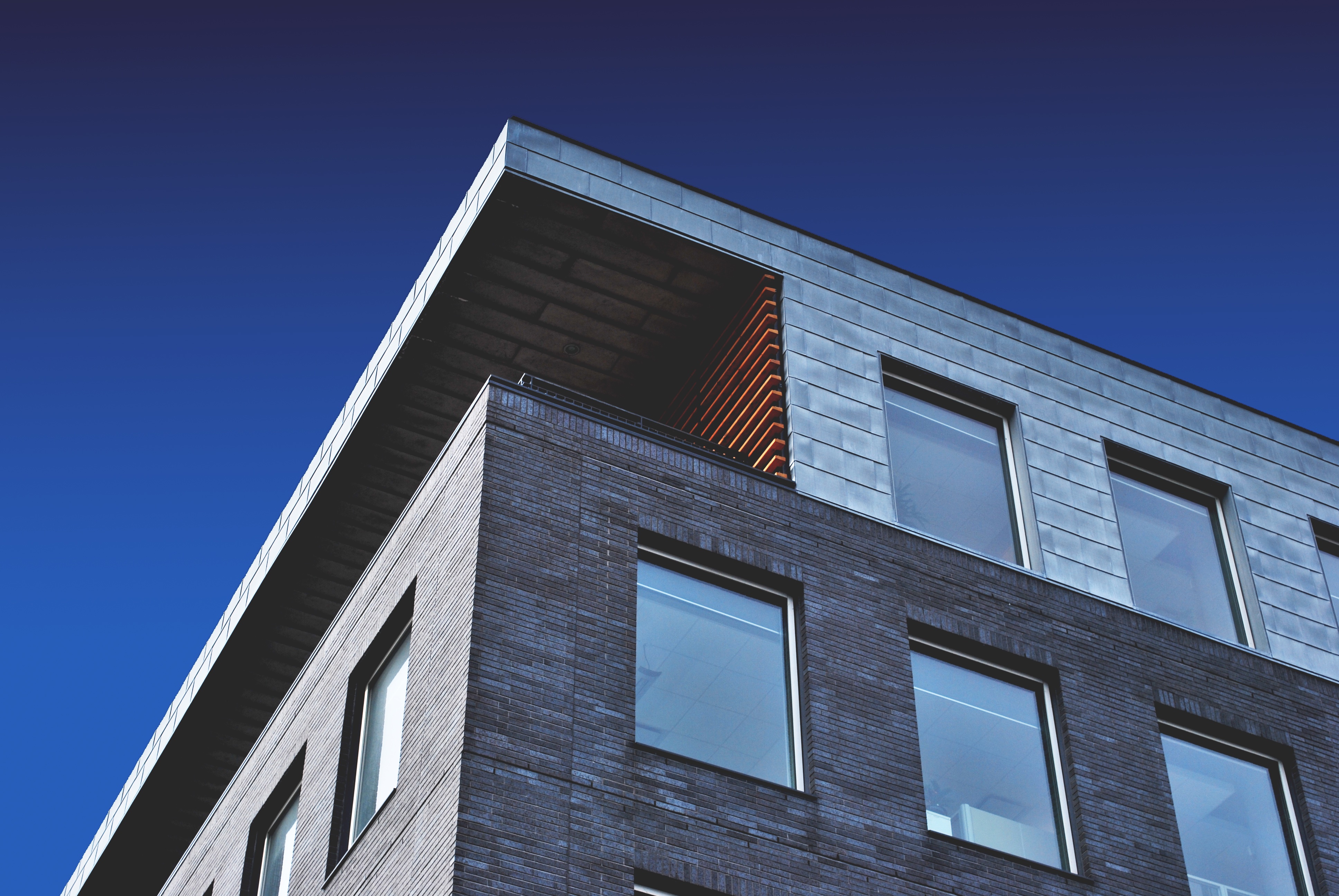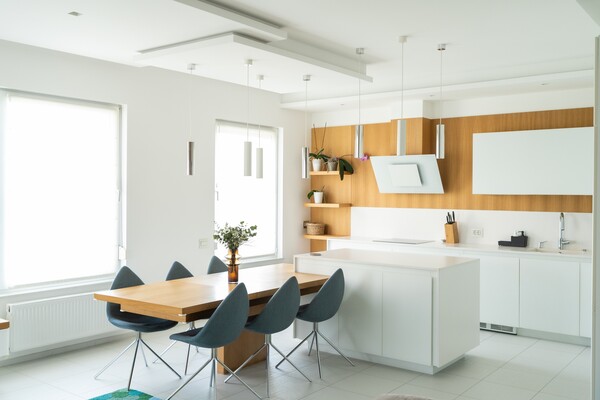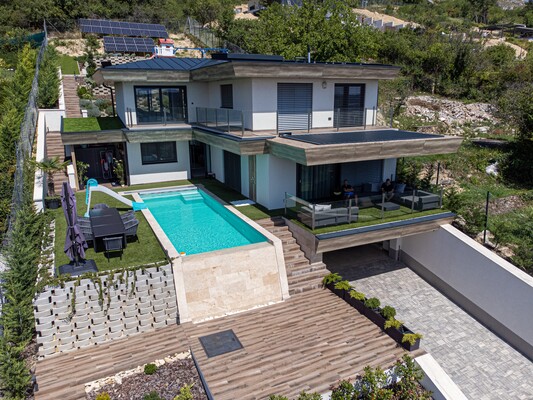The effects of the change cannot yet be fully assessed, but it seems certain that the 22% rise will have a serious impact on the building of new homes paid after January 2020. The decision will have an effect on the current construction boom; the number of newly built real estates will certainly drop.
It unexpectedly hit the market in 2015 when the government announced the reduced 5% VAT on new homes of up to 150 m2 and new housing estates no more than 300m2. The VAT benefit boosted the construction industry, and more and more new housing projects were launched. The takeover of new flats increased 44% from last year in Hungary.
Because of the upsurge in the construction industry and the increased sales volume on the real estate market, many people expected the government to extend this preferential period. According to the summer announcement, the period will not be extended, this was justified by two reasons by the government. First of all in Budapest during this period, 10% of the new homes were bought by foreigners and on the other hand, the VAT reduction became the target of real estate investors, for people who buy their second or third apartment, was not the intent of the government.
The question arises as to how the change will affect the Hungarian housing market? It is difficult to make predictions, but some changes can be foreseen. The most prominent is the price increase. Just a simple example: a new residential property in Budapest with average size can now be bought for 35 million forints, and from 2020 it will cost 42 million forints (and we have not talked about the expected price increase yet, this is only the result of the VAT jump).

The change will also have a serious impact on the construction industry. It is also uncertain how much the demand for new homes will be after the VAT increase. It is estimated that in case of (re)introducing the 27% VAT, the newly-built housing developments are reduced by one quarter or one fifth. As a result, the price of pre-owned homes will likely increase.
Therefore, the anticipated and partially anticipated demand for the following period will be expected. In most housing projects, the purchase price is settled in installments, that is somewhat adjusted to the proportion of the construction state of the real estate. However, in the case of flat-takeovers to 2020, the buyer is disadvantaged who pays most of the purchase price only when the flat is ready to take. The last installment will be considered to be a partial payment that is taxed by 27%. It is therefore advisable to complete the full payment before the deadline.






